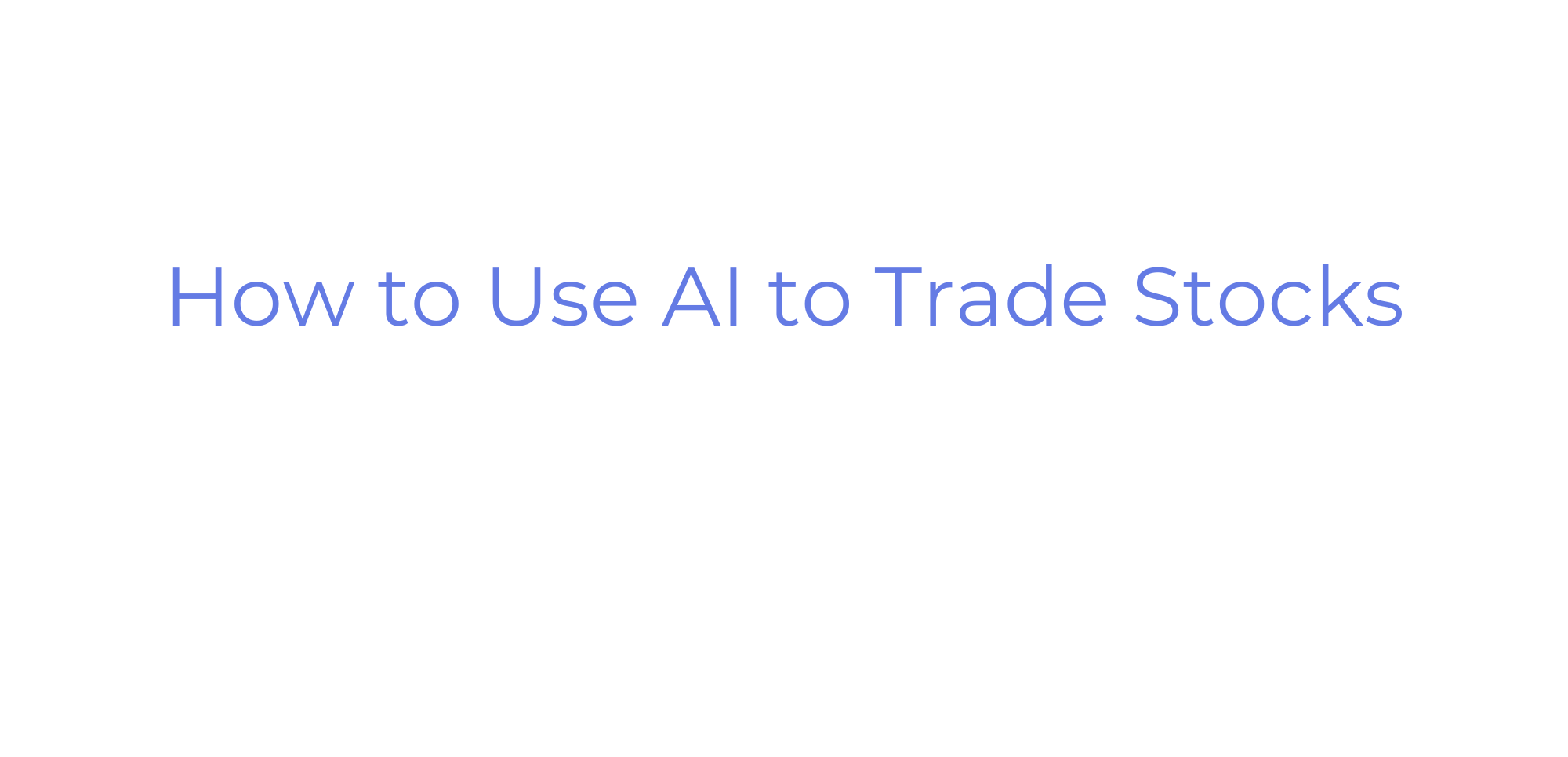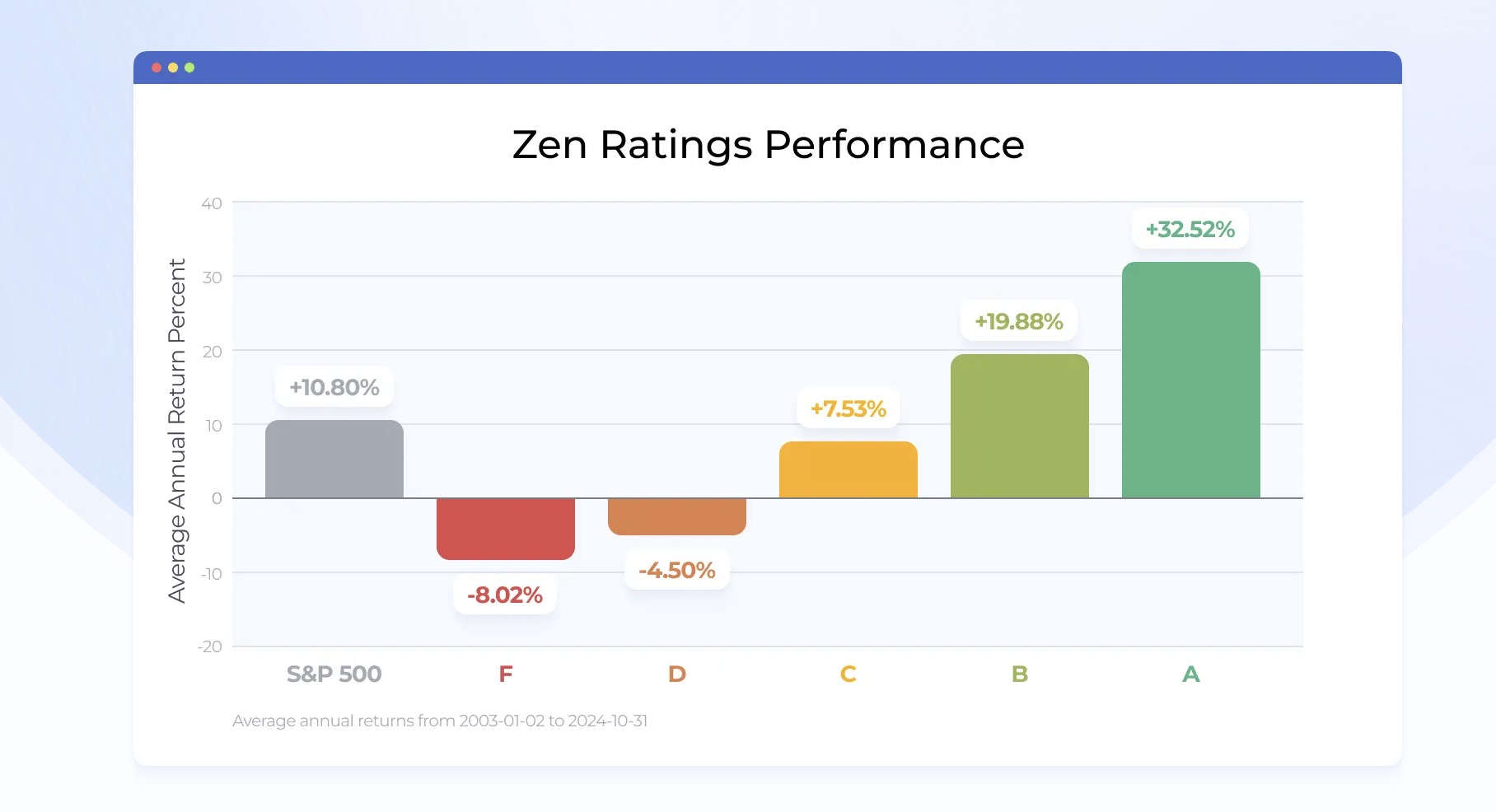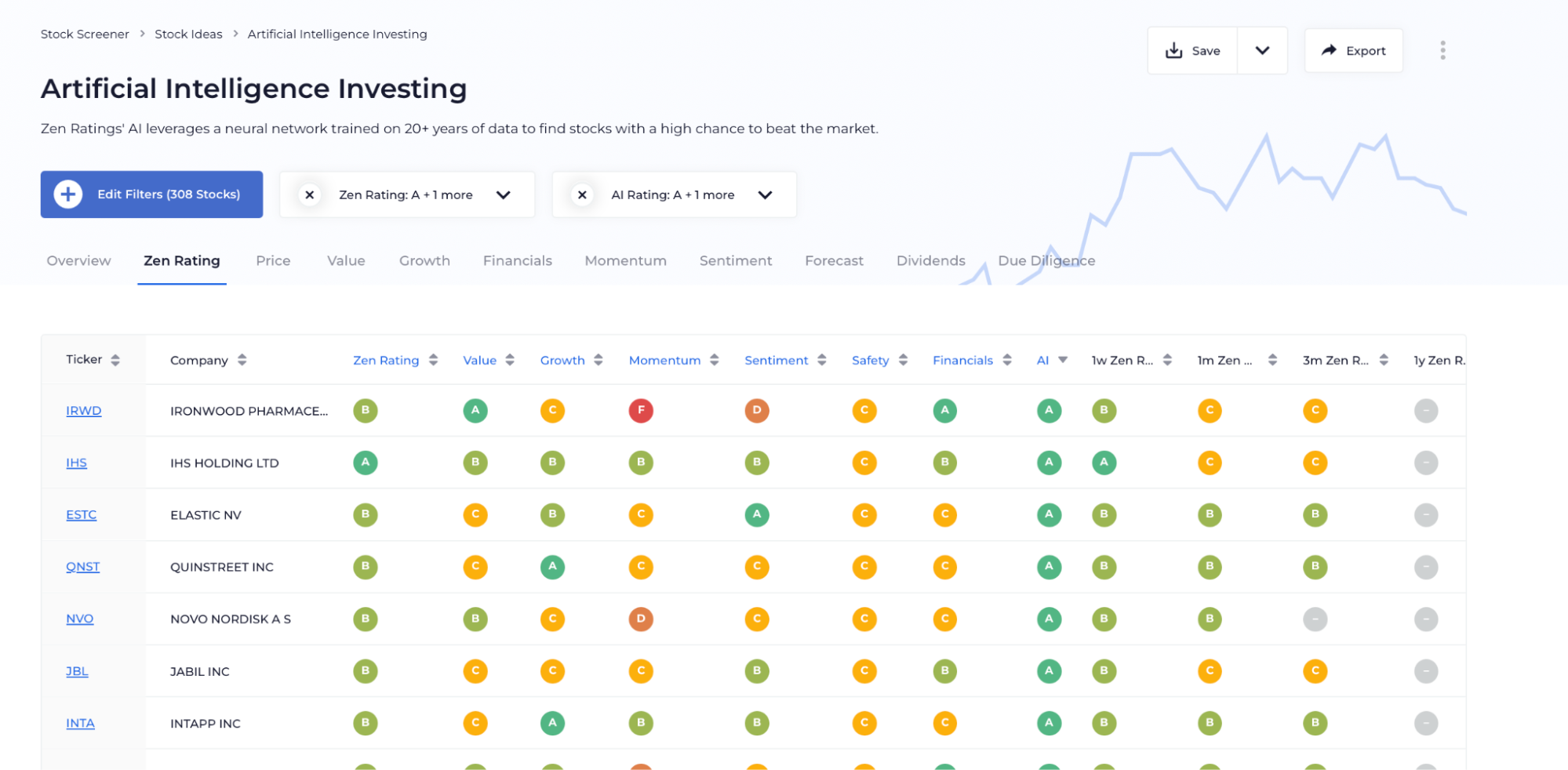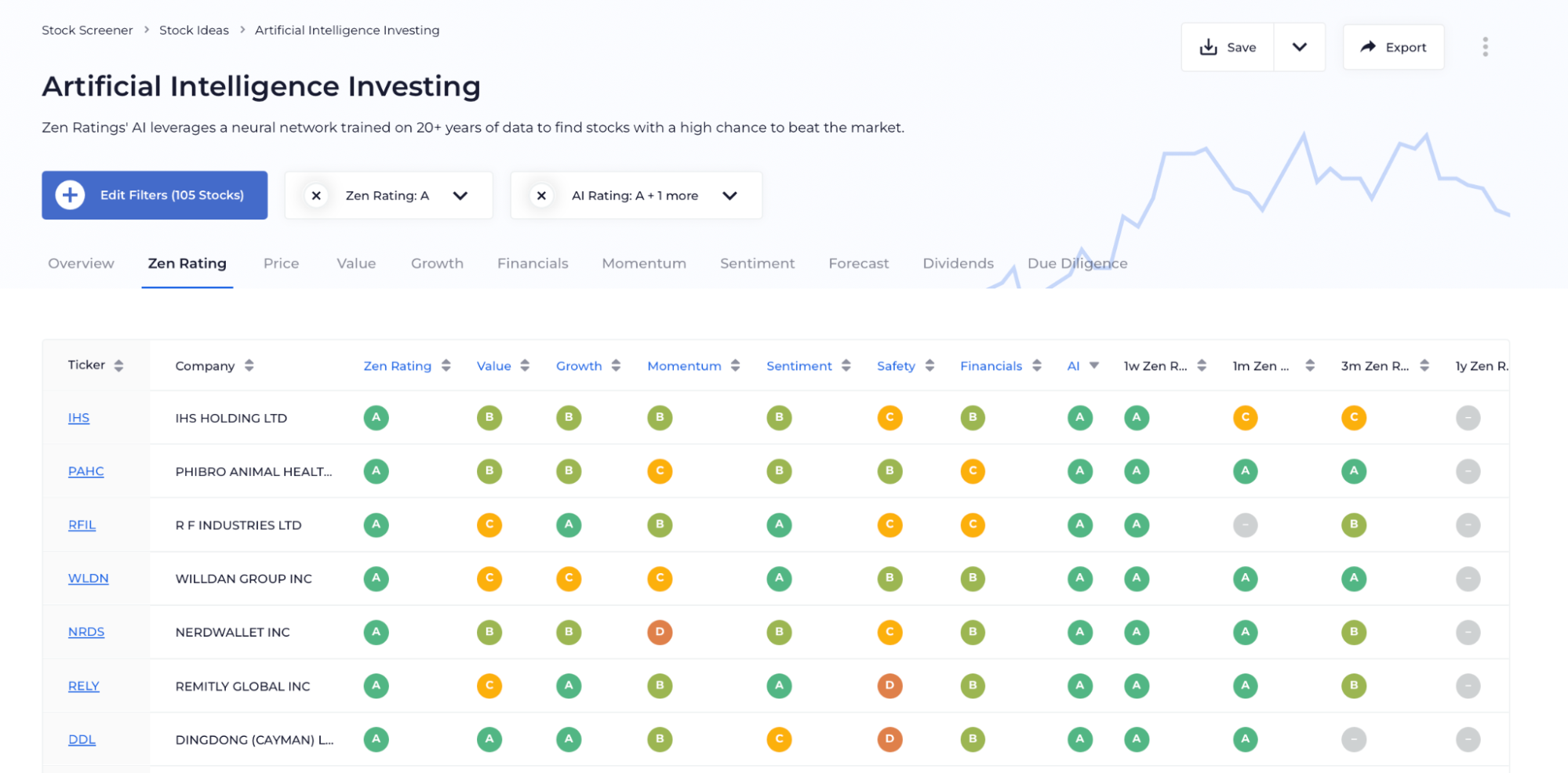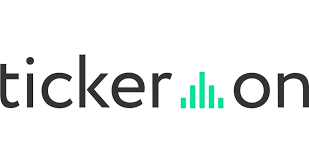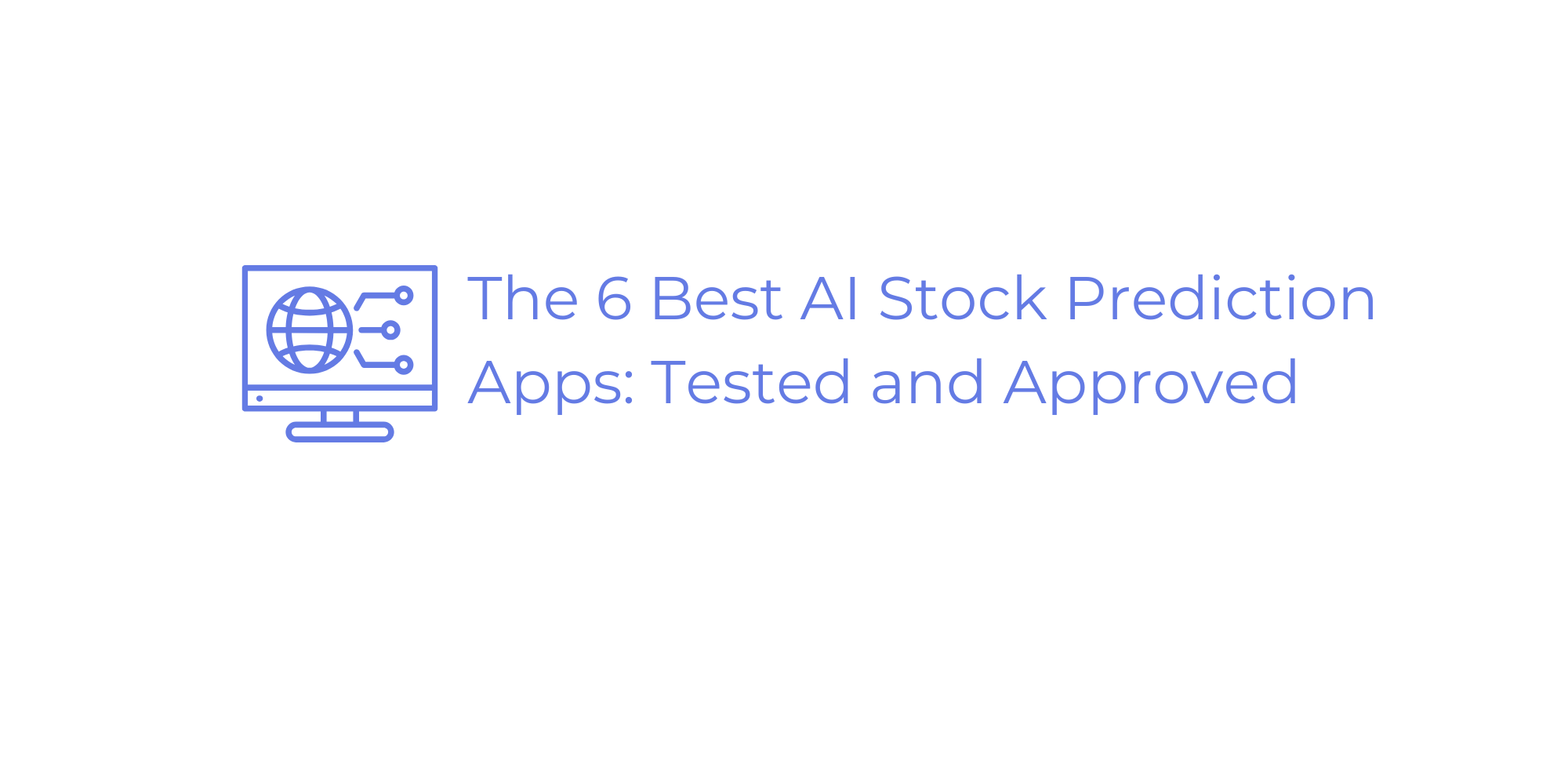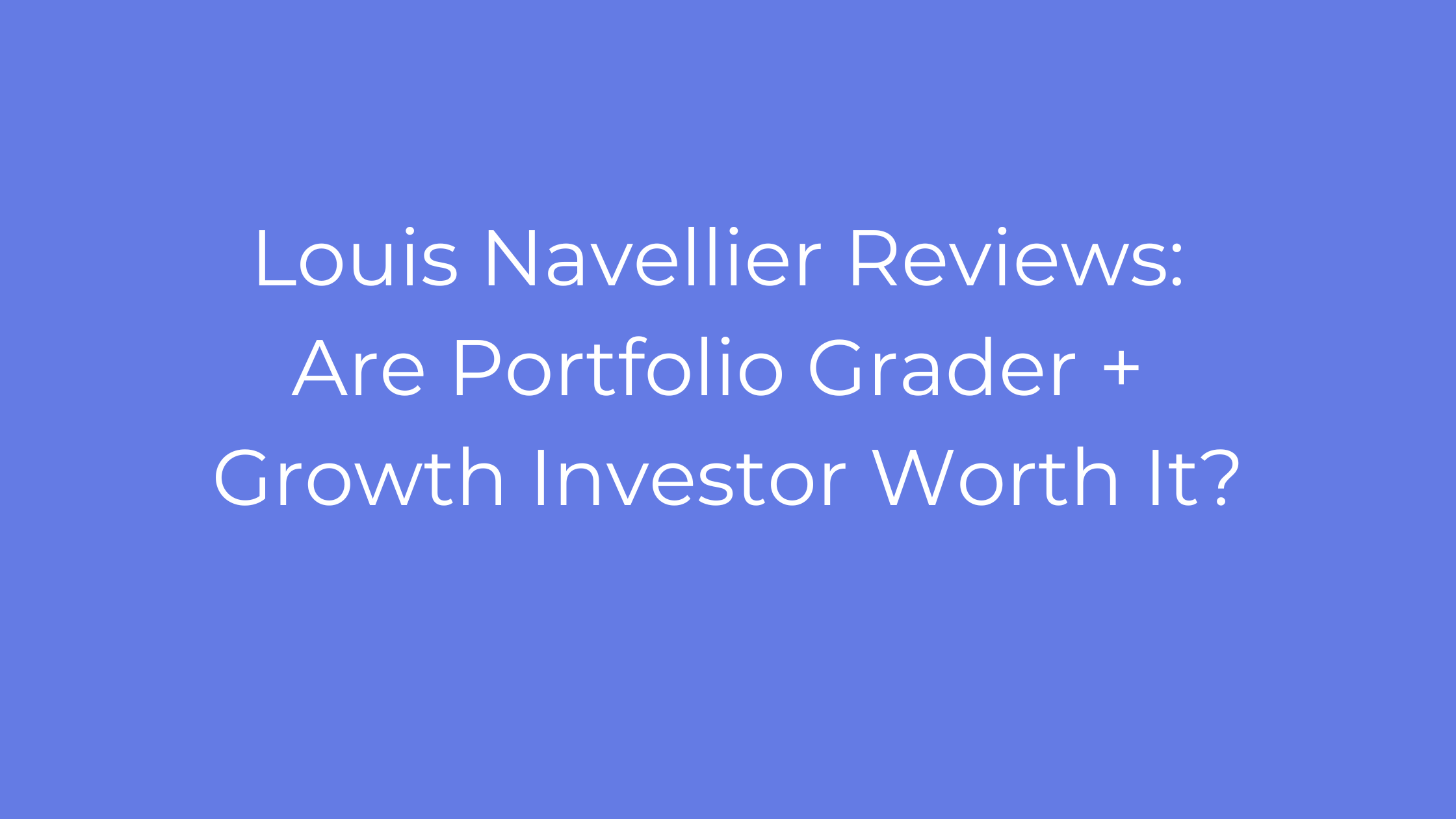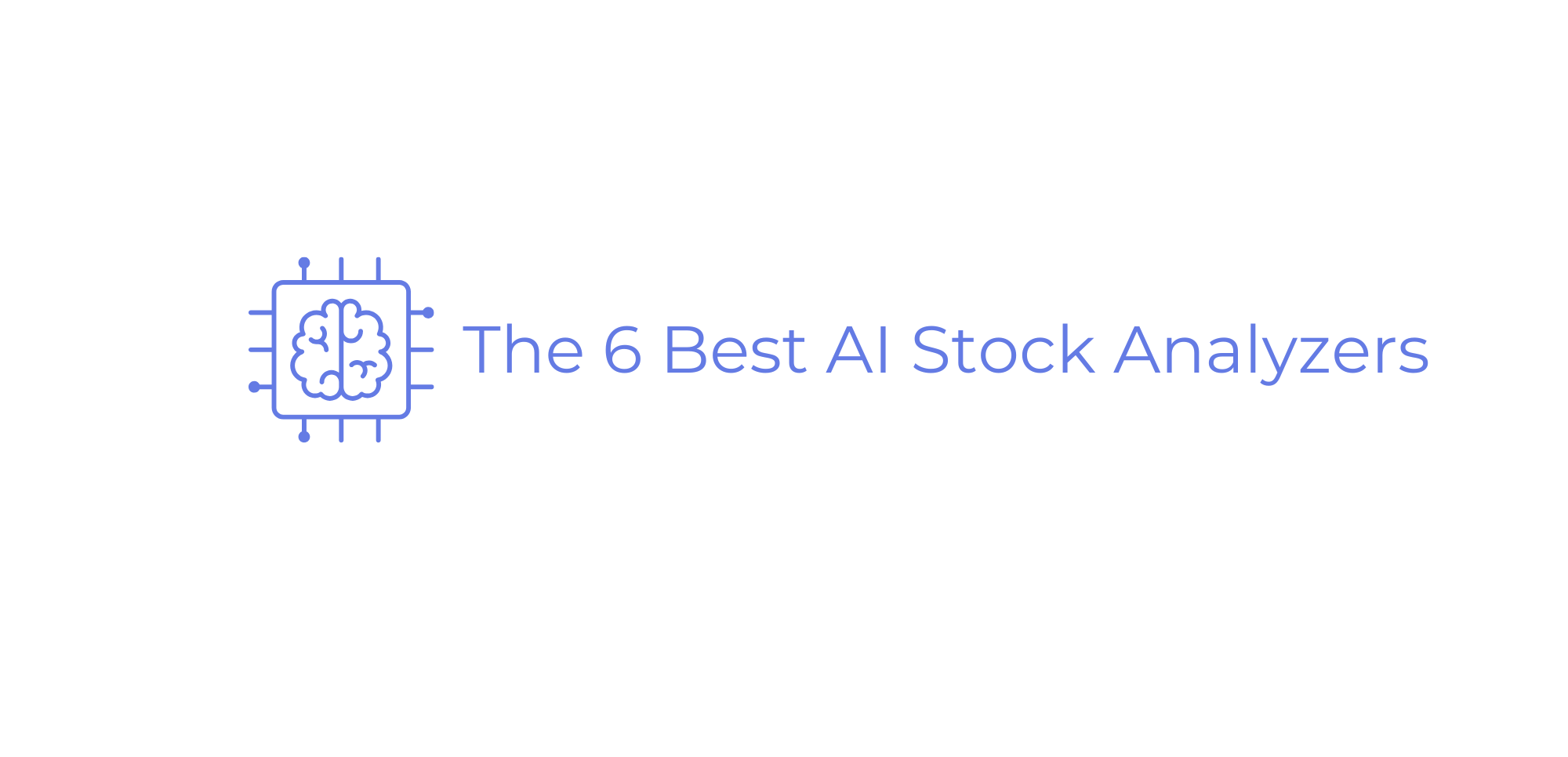It’s a simple fact: AI can sift through mountains of data way faster than you or any analyst. So, whether you’re an active or passive trader, there are plenty of ways that using AI to trade stocks can give your portfolio a push.
But that’s only true if you use the right tech, and use it intelligently.
This article was designed to set you up for success with AI investing. Let’s take a look at some of the best AI tools and how to leverage them…
Human-verified stock picks that leverage AI…
With a Zen Investor subscription, you get a portfolio of stock picks selected using AI that are human-verified by a 40+ year market veteran. Here’s what you get:
✅ Portfolio of up to 30 of the best stocks for the long haul, hand-selected by Steve Reitmeister, former editor-in-chief of Zacks.com with a 4-step process using WallStreetZen tools
✅ Monthly Commentary & Portfolio Updates
✅ Sell Alerts if the thesis changes
✅ Members Only Webinars
✅ 24/7 access to all the elements noted above
✅ Access to an archive of past trades and commentary.
How to Use AI to Trade Stocks: 7 Ways
Here’s how to use AI for stock trading…
1. Use AI to Pick Stocks
If you want to sit back and see which stocks AI algorithms think are hot, you might benefit from AI-fueled stock picks.
Related reading: Here’s our list of the best AI stock pickers.
Depending on the service, you typically pay a subscription fee, and the provider sends you regular alerts with stock ideas that its AI system identifies.
While every company trains its AI system using different datasets, many services focus on crucial metrics like technical indicators, historical performance, and current sentiment.
If you’re interested in purely AI-driven stock picks, a service like FINQ might be of interest. FINQ melds fundamental metrics with more intangible factors like social media sentiment.
After reviewing these details, FINQ identifies its highest-conviction stocks either to buy or short.
However, if you don’t necessarily like the “black box” approach and want stock picks that consider AI but also have a human touch, you might enjoy our Zen Investor stock picking service.
To select stocks for the portfolio, Zen Investor Editor in Chief Steve Reitmeister leverages the Zen Ratings system, which incorporates a powerful AI algorithm to identify stocks with market-beating potential. (More on that system in a sec.)
AI is an important part of the stock-picking process, but Reitmeister doesn’t just add stocks to the portfolio based on that factor alone. He layers his 40+ years of investing experience to vet each pick based on classic fundamentals and his lens of experience. This means you get AI-approved picks that also get a thumbs-up from a human who can pick up on emotionally-driven market nuances that machines can’t.
2. Use AI to Identify Investing Opportunities
If you want a more hands-on approach to investing, you may prefer using DIY AI tools to find promising stocks.
Rather than sending you a list of curated tickers, these AI tools screen stocks to find solid candidates for investment.
Above, I referenced Zen Ratings. Let’s talk about how you can use it to find investing opportunities.
Zen Ratings is our in-house quant rating system that evaluates every ticker we track on 115 factors proven to drive growth in stocks. Stocks rated “A” using this system have historically generated 32.52% annual returns.
One of the most important factors in our ratings system is a proprietary AI algorithm with over 20 years of market data to identify the most attractive stocks at current prices.
Related reading: How Can AI Help My Stock Investing?
But AI alone won’t get a stock an overall “A” rating. Stocks must also go through over 100 additional traditional checks to earn that kind of grade, meaning that if a stock enjoys an A rating overall and enjoys a strong AI Component Grade, it’s a potentially strong investment that is AI approved but also has more positive attributes going for it.
3. Use AI for Smarter (and Faster) Fundamental Research
While some Wall Street addicts genuinely enjoy reading tons of earnings reports, many people complain this part of investing is a snoozefest.
This is where AI can give your brain a break.
Many AI tools read and analyze big chunks of financial data and reveal key points to factor into your stock analysis.
You can also filter on stocks that have an excellent AI rating by visiting our Artificial Intelligence Investing screener.
Here’s a method I often use to identify AI-approved stocks that have great growth prospects:
- Screen for stocks using the Artificial Intelligence screener. This doesn’t just show stocks related to AI — it focuses on stocks in a variety of industries with high AI Component Grades in the Zen Ratings system. As you can see below, at writing this brings up over 300 stocks.
- From there, filter the list down to only include stocks that have an overall A rating in addition to that A rating for AI. This brings the list down to a little over 100 stocks.
- From there, you can continue to filter the list by looking for stocks that fit your criteria. For instance, I just added another filter so that the list only includes Consumer Defensive stocks — a great sector for market volatility. That narrows down the list to just 6 stocks — a much more manageable watchlist of stocks sourced using AI.
4. Manage Your Portfolio With an AI Robo-Advisor
Let’s say you know exactly what stocks you want to buy, but you want an extra hand analyzing their performance.
Why not employ an AI robot to monitor your money?
There are plenty of AI portfolio checkers that keep a robotic eye on how your investments are performing. This could help you better track your performance over time and make changes based on your system’s logic.
Range is one of the best tools for AI-powered portfolio management. Actually, it’s more like an all-in-one AI Robo-Advisor.
“Rai” is at the heart of the platform — an AI financial engine that offers personalized portfolio guidance across investments, taxes, estate planning, and insurance.
It’s sort of like a robotic financial advisor, but faster and they take less of a cut. How much less? Their flat fee model can be as much as 90% less than most traditional advisors.
If you want automation that’s not purely AI driven, you may want to consider StockRover, a great portfolio manager that helps you track brokerage accounts and analyze your stock performance.
With a Stock Rover account, you’ll receive regular emails with performance analysis and relevant data, such as your future dividend earnings.
Stock Rover also offers a “Monte Carlo simulation tool” to map out the most likely scenarios for future performance.
Find out more about Stock Rover’s portfolio tracker
5. Use AI Trading Bots
Want to make fast trades, but too afraid to time the market?
AI trading bots might help you break into day or swing trading.
These algorithmic programs take all the guesswork out of when to enter and exit trades, depending on the parameters you set in their programming.
This can help take the emotion out of making big trading decisions, and it (ideally) gets better with time as you refine and retest your algorithm.
As for the best bot, if you’re interested in stock trading in particular, Tickeron is one of the most popular platforms out there — and for good reason.
Tickeron stands out as a premier AI trading bot — you can see why in our Tickeron review, but here’s the short version…
Tickeron offers a diverse range of customizable AI bots — meaning you can customize your bot to your preferred asset class and trading style.
Its advanced neural networks provide real-time analysis and trade signals, meaning the entire process of trading is simplified and streamlined for you.
If you’re interested in other markets, it’s worth mentioning one where AI trading bots are particularly popular is in the volatile — and 24/7 — crypto space.
Since these digital assets are known for extreme swings, AI bots could bring some structure to this wild market.
Cryptohopper is one example of an AI bot specific to digital assets.
You can link all of your crypto exchanges to Cryptohopper’s platform and run your preferred algorithm to make the most calculated moves in crypto.
6. Predict Trends with AI
Whether you’re looking for technical patterns or social media sentiment, it’s no easy feat to predict trends that translate into dramatic price movements.
But with AI’s uncanny ability to digest loads of info, you can get a clearer read on the market’s mood and make educated guesses on the most likely scenarios.
For example, Zen Ratings uses a Neural Network with 20-plus years of fundamental and technical data to analyze the current market environment.
By combining multiple metrics and cross-validation techniques, our AI model distills a lot of data and gives actionable graded scores for different stocks and sectors.
7. Use AI as An Assistant
Hey, we’re all guilty of asking AI programs like ChatGPT about the prospects of our portfolios.
And why not?
With these powerful tools at our fingertips, it’s a no-brainer to use AI chatbots as an assistant when we have questions about a particular stock’s earnings.
However, overreliance on AI can miss the “human side” of investing.
Sure, we’re emotional and irrational creatures — but so are the markets! After all, humans still drive prices higher and lower, so it’s always wise to supplement data from AI with expert insights.
While you could use your own experience against AI stock screeners, why not defer to someone with decades of experience on Wall Street?
We’re talking about former Zacks.com Editor-and-Chief Steve Reitmeister, who plays a central role in our Zen Investor service.
After our AI-powered scans, Reitmeister reviews these picks and uses his gut instincts to determine which stocks have what it takes.
Zen Investor subscribers also get Reitmeister’s latest market analysis in monthly reports and instant alerts if our analysis changes.
What’s the Best Way to Use AI for Stock Trading?
There isn’t a single “best” strategy to use AI for stock trading.
Anyone who wants to use AI in their analysis must have a clear vision of why they’re entering the market and how AI fits into their game plan.
For example, if someone loves momentum trading a stock like Tesla (NASDAQ: TSLA), using a high-quality algorithmic trading bot may be the best asset.

By contrast, more passive investors may want an AI program to analyze and recalibrate their portfolio to take stress off their shoulders.
Take time to define your investing or trading goals to better decide what’s the right way to fit AI into your financial life.
Does AI Work for Stock Trading?
Sure, AI works for stock trading, but that doesn’t guarantee effectiveness.
Whether AI makes a positive difference in your trading strategy depends on the quality of your tools and how you use them.
Generally, AI excels at analyzing large datasets and extrapolating trends or likelihoods based on this info.
However, always remember that fear and greed still drive market behavior.
While the cold logic of an AI bot can help spot opportunities, it isn’t infallible.
Is AI Investing Better than Human Investing?
There’s no denying AI has a better time managing emotions — because it doesn’t have them (at least we don’t think so).
This lack of a heart helps AI algorithms stay calm in the heat of the moment and only consider what the data tells them.
Does this mean AI investing is “better” than human investing?
That’s up for debate.

While AI can avoid emotional biases and analyze data faster than even the quickest speed reader, it won’t give you a “gut feeling” about an investment.
Only investors with years of experience can read between the lines to bring out more qualitative insights.
While everyone has a different opinion about AI’s effectiveness, a hybrid approach is the best way to make an informed decision.
Final Word:
AI has many advantages for stock traders of all skill levels, but it’s still not a complete replacement for experience and intuition.
Don’t get us wrong, you can see a lot of trends and get some juicy tips from AI programs, but don’t neglect the human touch.
That’s the philosophy behind Zen Investor’s stock picks.
While we use rigorous AI tests in our preliminary analysis, we always defer to Steve Reitmeister’s expertise before making a suggestion.
Learn more about Zen Investor’s strategy here.
FAQs:
Can I use AI in stock trading?
Yes, you can use AI in stock trading. Some of the most popular ways to leverage AI in investing include portfolio analysis, algorithmic bots, and stock picking services.
Is it legal to use AI for stock trading?
Yes, it is legal to use AI for stock trading, provided it follows mainstream financial regulations and doesn't involve fraudulent activities or market manipulation.
What is the best AI for trading stocks?
There's no single best AI tool for trading stocks. Since every trader has different goals and preferences, you need to evaluate the focus and features of different AI systems to choose the right fit for your strategies.
Can you make money from AI trading?
Yes, it is possible to make money from AI trading. But it’s not guaranteed. To ensure the best results, be sure to use a reputable AI trading service and always do your due diligence.
Where to Invest $1,000 Right Now?
Did you know that stocks rated as "Buy" by the Top Analysts in WallStreetZen's database beat the S&P500 by 98.4% last year?
Our April report reveals the 3 "Strong Buy" stocks that market-beating analysts predict will outperform over the next year.
